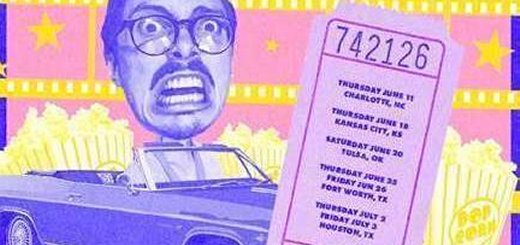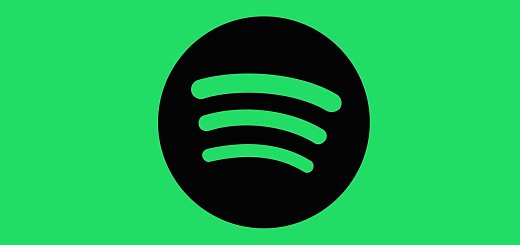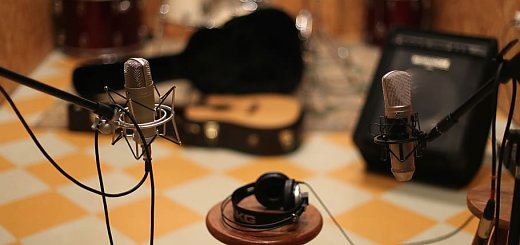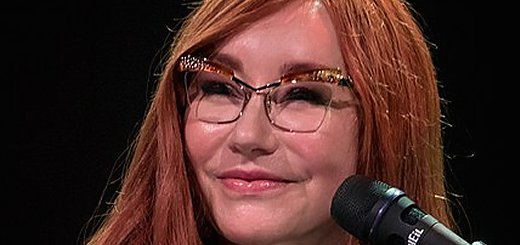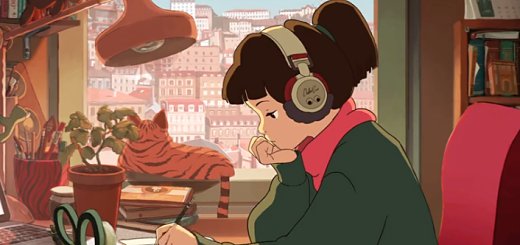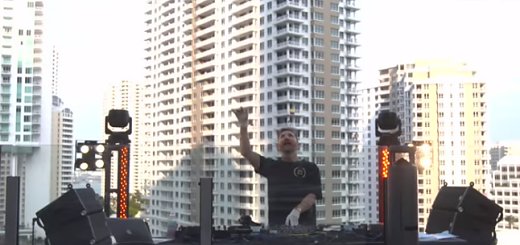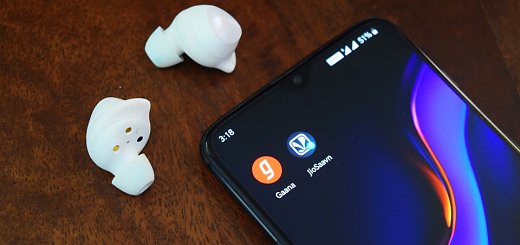Cambridge professor: No concerts or festivals this year

Concerts and festivals will not go ahead in the UK until at least next year - Cambridge University lecturer dr Chris Smith tells BBC about the prospect of music events by the end of this year. Smith believes it is "too optimistic" to think such social gatherings will take place - "we won't even have got a vaccine into people by then". Dr. Smith is confident we will ultimately return to enjoying such collective experiences - as they "appeal to the human nature" - but only after most people in the country have either been infected with the disease (herd immunity) or inoculated (vaccines or combinations of drugs) in some way. "I think this year is basically a write-off, if I'm honest with you," he adds.

